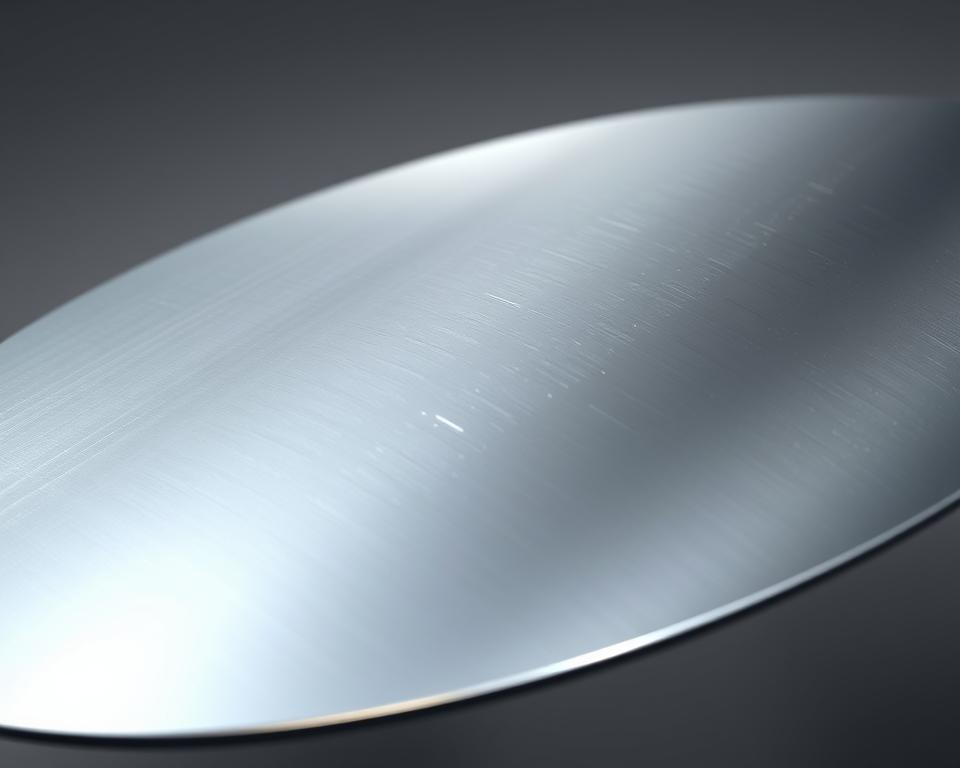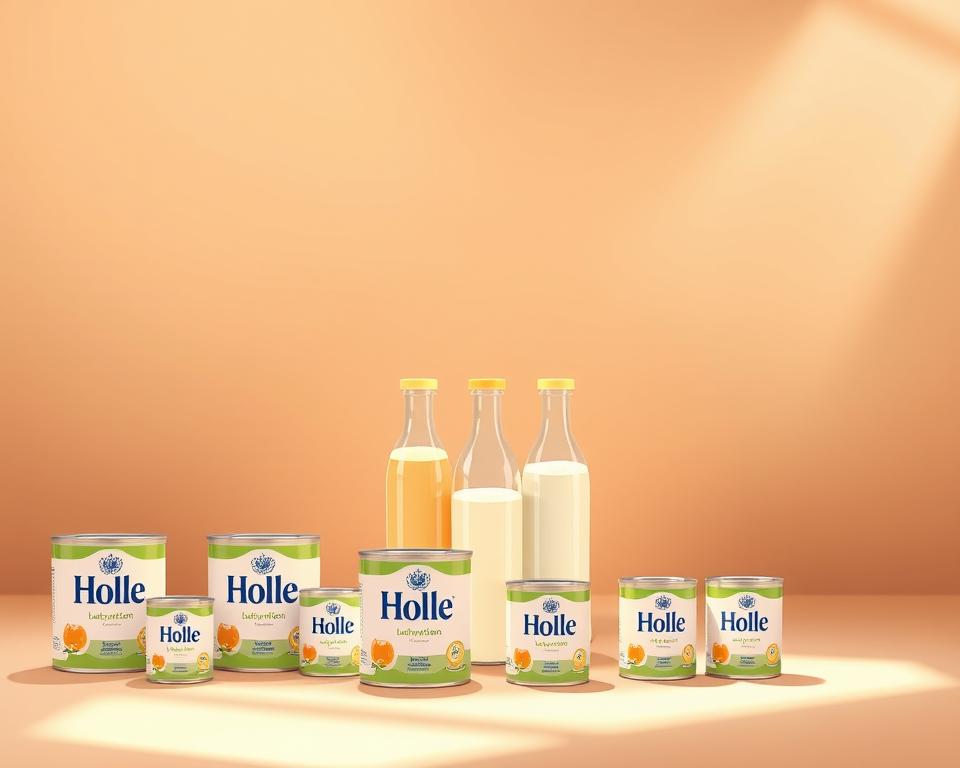Reliable Home Cleaners in Henderson
Many homeowners express concern over indoor allergens and dust. Despite concerns, few use professional services. Here, trustworthy home cleaners in Henderson provide real solutions.
Kokoro Cleaning supplies housekeeping services Henderson that support healthier living. Our approach blends tested techniques with schedules for active Nevada households.
Customers receive complimentary quotes and simple online booking. Similar to scheduling with major national companies. No matter if it’s routine maintenance or intensive cleaning, we strive for excellence.
Our service improves more than just visual appeal. It reduces dust, allergens, and harmful microbes. Our visits are personalized to fit your home and lifestyle. This ensures our service is efficient and respectful every time.
Important Notes
- House cleaning services in Henderson support cleaner air and fewer allergens.
- Kokoro Cleaning provides no-cost quotes and digital scheduling for ease.
- Cleaning services include scheduled and deep cleans, personalized to needs.
- Trained cleaners deliver steady, health-conscious cleaning.
- House cleaning Henderson plans are designed for U.S. homeowners seeking trusted local providers.
Why Kokoro Cleaning Excels in Henderson Residential Cleaning
Our service fuses local understanding with high expectations for homeowners. Clients enjoy easy reservations due to clear messaging and rapid support. Families receive fast estimates, easy online access, and crews that know Henderson.
Kokoro Cleaning is embedded in the Henderson community. Their local expertise is paired with training from top brands. It results in uniform, trustworthy cleaning from capable staff.

Homegrown experts with a strong reputation
Our cleaners know the layout of Henderson homes and traffic flow. This awareness ensures promptness and streamlined work. Clients observe dependable cleaning from our expert team.
Fully vetted, bonded, and insured staff for your safety
Each cleaner has bonding and insurance for client security. Background vetting is mandatory and aligns with best practices. This positions us as a reliable provider in the area.
Custom cleaning schedules, no binding contracts
Each plan is built around your specific home. Homeowners pick duties and timing, no binding contracts. Available options: single, regular, and customizable services.
| Essential Part | What it Means | Advantage |
|---|---|---|
| Homegrown team | Cleaners familiar with Henderson lifestyles and timetables | Prompt visits and steady quality |
| Financial protection coverage | Ensures compensation for any damages | Tranquility knowing you’re protected |
| Professional screening process | Screening for trustworthiness and safety | Confidence in staff entering your home |
| Customized solutions | Decide on duties, intervals, and upgrades | Flexible pricing based on your choices |
| Effortless online setup | Online scheduling and tailored estimates | Simplicity for time-strapped clients |
Thorough House Cleaning Services in Henderson
Our services cover many needs for time-constrained households. Clients of all types can opt for routine or occasional service. The options are flexible, allowing clients to set a cleaning schedule that fits their lifestyle.
Ongoing cleaning with adjustable timing
Select weekly, biweekly, or monthly visits to maintain order. This saves time and reduces household stress. The staff accommodates your timing and special occasions.
Deep cleaning and move-out cleaning for spotless results
Deep clean sessions cover all the hidden spots. Our move-out cleaning meets rental or sale standards. They help clean the air and boost market readiness.
Premium add-ons: oven, fridge, carpet, and window care
Select additional services for unique requirements. Appliance cleaning gets rid of grease and bad scents. Reviving carpets and cleaning windows improves light and mood.
Numerous homeowners combine routine and deep cleaning. This maintains cleanliness and wellness. It preserves flooring and textiles.
| Cleaning Tier | Usual Interval | Suited For |
|---|---|---|
| Routine cleaning | As needed weekly or monthly | Active families, continuous care |
| Intensive cleaning | Quarterly or as needed | Yearly cleaning, deep sanitization |
| Move-out cleaning | Non-recurring | Clients needing move-out prep |
| Fridge and oven refresh | When neglected | Kitchen safety, freshness |
| Carpet revival | Biannual to yearly | Extending carpet life, removing dirt |
| Inside window care | Seasonal | More sunlight, improved look |
Kokoro Cleaning provides housekeeping and cleaning in Henderson. Fees vary by home size and requested services. We focus on time-saving and consistent results.
Expectations from Trusted Cleaning Services
Using professional services brings structure and expertise. We follow a structured cleaning process. This means clients know what to expect each time.
Most reputable services use thorough checklists per session. The checklist involves surface, floor, and dust cleaning. It also covers bathroom and kitchen cleaning, and trash removal.
Certified cleaners using tested processes
Staff study safe chemicals and correct usage. Our staff learns stain solutions and appliance maintenance. Quality control ensures high performance.
Quality control and satisfaction commitments
Reliable cleaners commit to results and re-cleaning. If unsatisfied, they re-clean at no cost. Our system includes checklists and quality reviews. Clients feel secure and valued.
Home Cleaning Henderson: Scheduling and Rates
We have straightforward and adjustable pricing. Packages suit different income levels and needs. Clients pick basic service or add-ons for deeper cleaning
You can go for a single thorough clean or routine sessions. Available frequencies: weekly, every two weeks, or monthly
Holiday discounts and seasonal rates cut expenses. Free estimates help you understand costs before you book.
Reserving service is fast and easy online. It works like major national brands. Clients can schedule and customize without lengthy calls.
Below is a clear cost breakdown for comparison
| Cleaning Level | Typical Frequency | List of Duties | Most Useful For |
|---|---|---|---|
| Thorough Single Session | One-time service | Thorough cleaning of all zones, appliances, baseboards, shades | Move-ins, post-construction, seasonal refresh |
| Ongoing Housekeeping | Biweekly, weekly, monthly | Routine maintenance, dusting, vacuuming, surface sanitizing | Families with kids, routine service |
| No-Surprise Pricing | When booked | Core tasks listed in tier, fixed price for predictable budgeting | People who dislike surprises |
| Custom Additions | Occasionally | Oven, fridge, carpet refresh, window cleaning | Areas needing intensive focus |
For affordable cleaning, check out Kokoro Cleaning’s tiered packages. Transparency ensures you know what to expect. To find the best cleaners, use our free quote and online tool.
To book, just request a free estimate online. Decide on timing, supplies, and additional services. You’ll receive full cost and rule disclosure.
Henderson’s Top Cleaning Service: Key Differentiators
Selecting the best means evaluating more than price alone. Reputation, dependability, and openness matter most. Strong service builds loyalty through performance.
User ratings and service reputation
Excellent ratings indicate trustworthiness. Reputable providers prioritize input, share real experiences, and fix problems
Uniform results, punctuality, and clarity
Uniform results create confidence. Punctual staff who communicate minimize anxiety. Open dialogue allows requests and special instructions.
Open guidelines for cleaning supplies, home access, and changes
Top cleaners disclose supply details, access procedures, and change policies. Clients should know if products are provided, how access is handled, and refund policies.
| Component | Standard Practice | Necessity |
|---|---|---|
| Public Feedback | Real stories from customers and ratings on trusted sites | Helps clients make informed decisions |
| On-Time Performance | Cleaners arrive as scheduled with notifications | Reduces inconvenience and respects household schedules |
| Ongoing Quality | Identical procedures every visit | Ensures each cleaning meets expectations |
| Supply Clarification | Clear statements on whether supplies are provided | Supports smooth service |
| Security Protocols | Secure handling of keys, codes, or lockboxes | Ensures safety and confidence |
| Policy on Cancellations | Honest rules on changes and fees | Allows fair handling of changes and emergencies |
A provider with great feedback, reliability, and transparency excels. Picking a credible provider means evaluating these points. You get predictable quality from a maid service you can rely on.
Wellness and Security: Henderson Home Sanitizing and Hygiene
Home safety begins with proper procedures and non-toxic supplies.
EPA-recognized disinfectants and gentle cleaners are standard.
Our team uses EPA-approved sprays on light switches and tables.
These solutions are gentle and up to code.
Upon request, we can use unscented or natural products.
They also work to reduce allergens, dust, and bacteria in your home.
We prioritize eliminating triggers.
They dust thoroughly and vacuum with HEPA filters.
It improves indoor air, crucial for sensitive individuals.
We are cautious in homes with kids, elderly, or animals.
For such homes, we implement additional precautions.
We prioritize a tidy and protected environment.
We can switch to gentler cleaners and special protocols.
We offer personalized sanitizing for your home.
We belong to the top tier of Henderson residential services.
We explain everything so you feel secure.
They have clear schedules and checklists for transparency.
Local cleaning experts maintain these standards.
Your home becomes both safe and hygienic.
Trustworthy Cleaning Staff in Henderson: Screening and Education
Our hiring process is thorough to ensure reliability.
Background and reference checks are mandatory.
We seek dependable, experienced, and community-aligned staff.
The company sets high standards, like Merry Maids and Molly Maid.
Staff must succeed in evaluations before joining.
This supports consistent, top-tier results.
Training is ongoing and hands-on.
Cleaners learn about non-toxic supplies, timing, and skills.
Managers inspect work and mentor in person.
Staff are reviewed and retrained regularly.
Issues are addressed with a defined, fast response.
Our process supports safety and excellence.
Our company has insurance and bonding for protection.
It defends against property damage or injury.
This fosters confidence in our team and encourages loyalty.
Low-Cost Home Cleaners Henderson: Getting More for Less
Kokoro Cleaning makes it easy to find the perfect cleaning service for your budget and needs.
Value-based cleaning options
For everyday upkeep, choose a basic maintenance plan.
Go deluxe for thorough results.
Premium levels offer enhanced and targeted services.
You may tailor your service to your finances and desires.
Limited-time sales, referrals, and gifts
Kokoro Cleaning offers time-limited deals and referral bonuses.
Discounts help lower bills for frequent services.
Gift certificates are a thoughtful gift, letting others try professional cleaning without a long-term commitment.
Smart spending: target high-impact areas and habits
Focus on key areas like the kitchen and bathrooms for a healthier home.
Frequent basic cleaning avoids costly intensive sessions.
Small daily routines can also save you money by reducing the time professionals spend at your home.
Compare offerings and visit rates for value.
Clear details from house cleaning services in Henderson help you spot real value.
Knowing the checklist helps evaluate budget cleaners.
Kokoro vs. Merry Maids and Molly Maid in Henderson
Kokoro Cleaning differentiates itself from major franchises.
We blend neighborhood attention with high-quality service.
Success depends on experience, reliability, and client focus.
Years in business and performance history
Big names have perfected their approach.
We take insights and build our unique model.
This delivers dependable service with local customization.
Satisfaction commitments
Service commitments define excellence.
Our company offers like assurances.
They vow to fix any issues quickly without extra cost.
This makes them a trusted choice for homeowners.
Local focus versus national franchise differences
Franchises deliver standardized cleaning and tools.
Local providers adjust to client needs swiftly.
Kokoro Cleaning offers both personalized care and consistency.
This suits those valuing both stability and personalization.
Homeowner evaluation points
- Cost versus consistency: franchises often price for scale; local firms can offer flexible packages.
- Customization: hometown services fit odd layouts.
- Security: insured cleaners, promises, and checklists reduce worry.
These elements help in decision-making.
We combine the best features.
We are a leading Henderson cleaning provider with dual strengths.
Wrapping It Up
Our service is among the best in Henderson.
Options span from standard to intensive and move-out.
We provide extras such as appliance and carpet cleaning.
They make sure prices are clear and offer a satisfaction guarantee.
This means you can trust your investment and know what to expect.
Clients feel secure with our professionals.
We employ qualified, insured, and reviewed professionals.
We deliver reliable and hazard-free results.
We center on Henderson while applying top techniques.
Flexible appointments and promotions are available.
Booking is fast and digital.
Start with a free, no-obligation estimate.
Whether you need a regular clean or a deep clean, Kokoro Cleaning aims to make your home healthier and cleaner.









